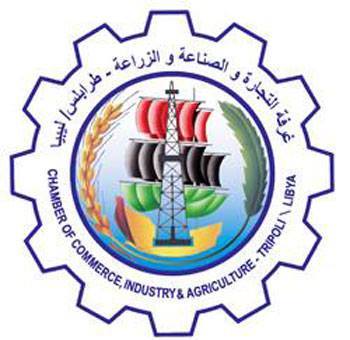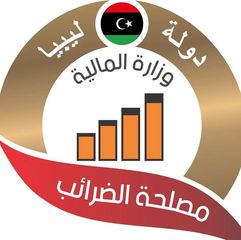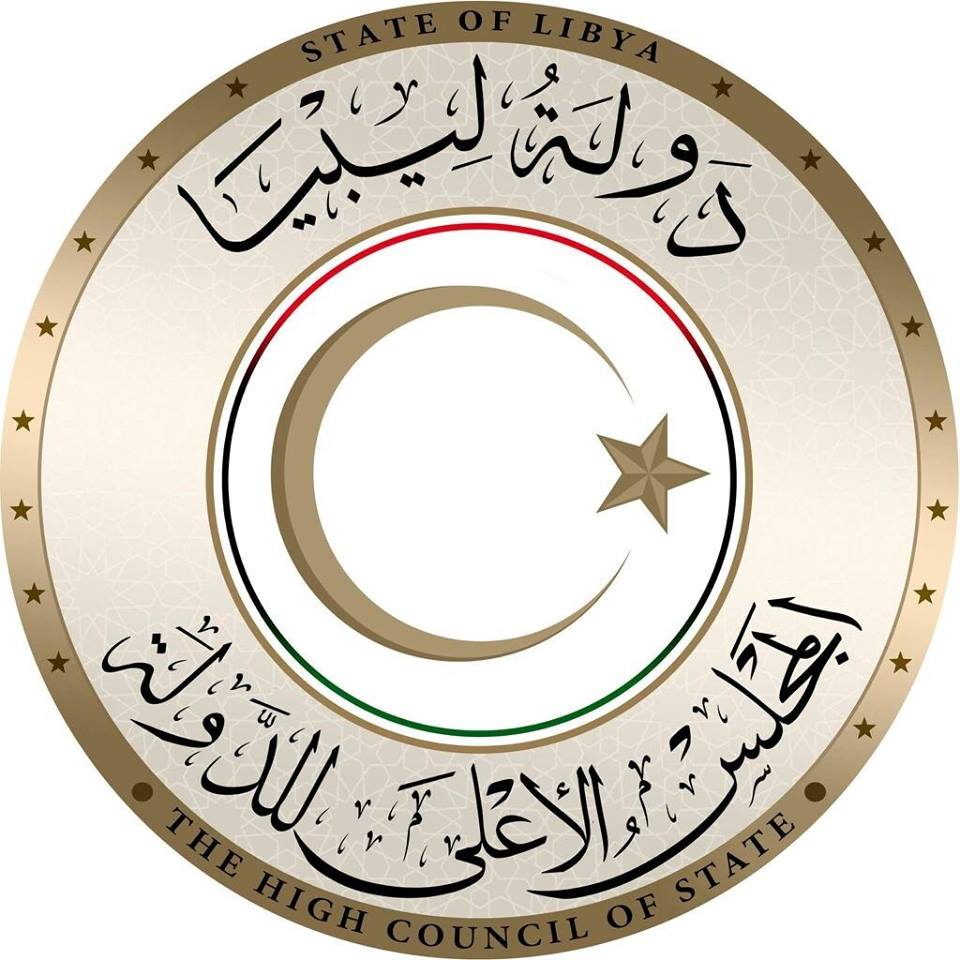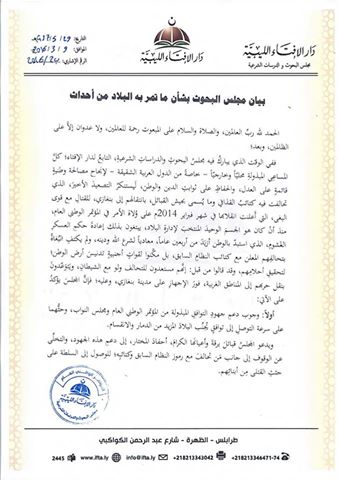By Sami Zaptia

London, 9 March 2016:
The Tripoli-based Audit Bureau held a meeting in the capital today with various institutions including the Central . . .[restrict]Bank of Libya (CBL) in order to attempt to solve the huge financial crises that the country finds itself in.
In a statement released by the Audit Bureau after the meeting, it confirmed that a meeting was held ‘‘to discuss the liquidity crises experienced by the country and the development of proposals and solutions for the immediate and medium term’’.
‘‘It was agreed to accelerate the resolution of the crises through a number of procedures that would speed up the flow of funds in banks as of next week by opening letters of credit (LCs) to provide basic goods and other operational materials’’, the Audit Bureau said.
Unconfirmed reports from the meeting say that the plan is for the CBL to open US$ 2 bn of LCs at the official exchange rate of around 1.30 for importers.
It is clear that the CBL is not in favour of an earlier policy option floated by the Administrative Control Authority of pumping LD 10 bn of newly printed banknotes into the economy in the hope of solving the cash crises at banks. The pumping of cash into the economy was seen by critics as inflationary and counter-productive.
The meeting is long overdue in view of the cash crises in Libyan banks, the collapse in the value of the Libyan dinar against foreign currencies as well as the rise in prices.
Today, one Tripoli-based black market money exchanger reported to Libya Herald that the dollar reached a record LD 4.50 and the Euro 4.90 against one dinar. This followed a raid on the black market on Monday by security personnel forcing them to close their bureaux and cease trading.
The move on the money traders follows the questionable populist narrative that it is the black market traders who are controlling the flow of foreign currency in order to force exchange prices upwards.
It is not clear if the CBL is going to relax its newly introduced conditions for opening LCs. In an effort to fight criticism and answer back public criticism, the CBL introduced numerous conditions which many business leaders saw as prohibitive.
The CBL is caught between a rock and hard place in attempting to be seen to be fighting foreign currency corruption at Libyan banks, in managing its fast diminishing foreign currency reserves but at the same time satisfying foreign currency demand so as not to cause the black market exchange rate to overheat.
Critics, however, have told Libya Herald that they still believe that the CBL is ducking the hard decision of officially devaluing the Libyan dinar to nearer the black market value of 1 to 3. The CBL finds it politically unpalatable to be associated with a dinar devaluation.
In ordinary political circumstances, the CBL would probably be persuaded by its sovereign parliament, to which it is accountable, to devalue the Libyan dinar. But in the legitimacy and political vacuum that Libya finds itself in, the CBL seems reluctant to take the hard decision on its own.
But critics today said that the decision not to devalue is very short term-ist. It will only encourage the black market and subject the banks to pressure and coercion as those with access clamour to get LCs at the official exchange rate.
The most equitable across-the-board solution is to devalue the Libyan dinar and wipe out the black market by making foreign currency available to whosoever demands. The downside is that as all newly imported goods will be at the new devalued exchange rate prices will rise in the short term.
The devaluation will also attract Libyan diners into the banking system thereby resolving the cash crises as well.
This view presupposes that the rise in the black market exchange rates as well as the cash crises are purely financial. However, there is the view that Libya’s financial crises is as much caused by the political crises and fear and insecurity and that as long as these underlying problems persist Libyans will continue to hoard their cash at home and the black market exchange rate will remain high. [/restrict]









